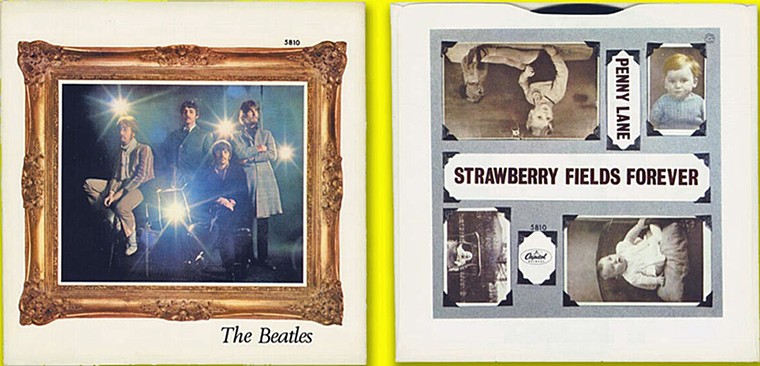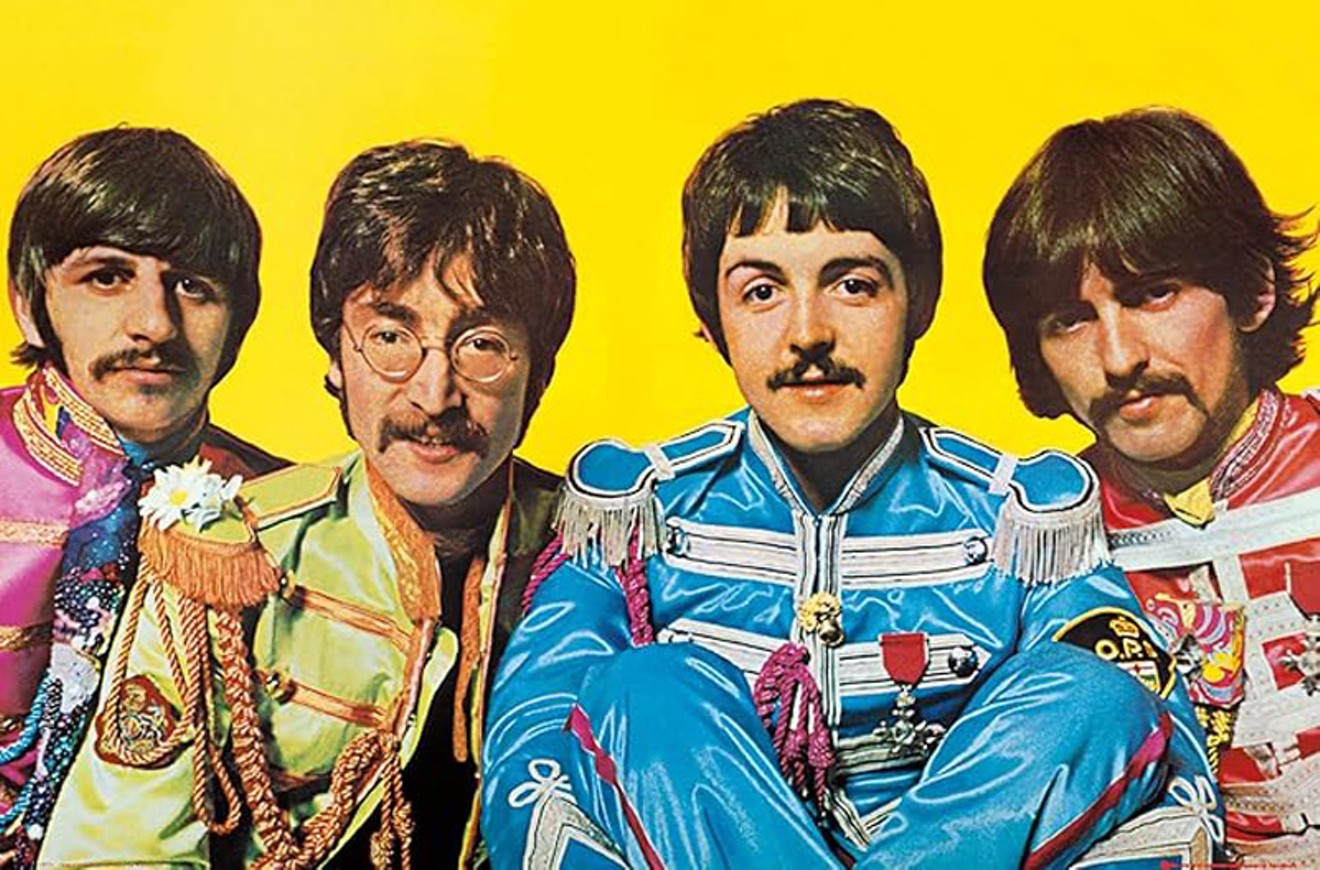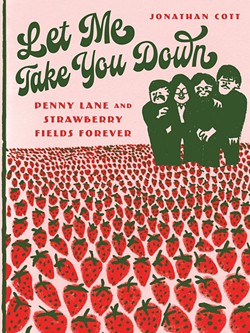And in a marketing gimmick that the band and their label had deployed before, both songs were distinguished as the “A” side. Thus, ensuring that radio disc jockeys and the public could not favor one tune over the other and give both tunes even greater exposure (as well as placate the “main” author of each song).
But in February 1967 when the Beatles released their single with “Strawberry Fields Forever” and “Penny Lane,” it not only pointed a new direction for the band into full psychedelia, it was a preview of their next effort, the epochal Sgt. Pepper’s Lonely Hearts Club Band album.
Longtime music journalist Jonathan Cott has counted both Paul McCartney and John Lennon as interview subjects, the latter sitting down with him for a marathon nine-hour session just three days before his 1980 assassination.
With a little help from his friends (more on that later), Cott looks at the writing, recording and cultural/musical impact of both songs in the slim volume Let Me Take You Down: Penny Lane and Strawberry Fields Forever (168 pp., $22.95, University of Minnesota Press).
John Lennon, as the main composer of “Strawberry Fields Forever,” began writing the tune in Spain during downtime on the set of the film How I Won the War, in which he had a small role (and first wore the circular "granny" glasses he'd later adopt in real life). The song was wildly experimental, introspective and inward looking with swirling, heady sounds around it.
And based on a real place—the Strawberry Field (no plural) orphanage/children’s home and surrounding forest grounds that a young John and his friends would sneak past its iron gates to play.
Showing a draft to Paul McCartney, it inspired his band mate to mine his Liverpool past for “Penny Lane.” The name of a real street in south suburban Liverpool, it took a more novelistic approach in cataloging the various residents and businesspeople one might encounter during a stroll (your no mac-wearing banker, your hourglass-holding fireman, your photograph-showing barber) and included some real-life landmarks. And with its upbeat, bright music and chorus, it was almost an antithesis of his partner’s work.
Actually, both songs were earmarked for the Sgt. Pepper’s album. But EMI/Capitol was anxious for some Beatle product in the marketplace to tide fans over until their masterpiece was finished. So, these two early-completed tunes were chosen to release early.
That move was to the eternal chagrin and disappointment of Beatles producer George Martin, who called it the biggest mistake of his time with the group. Though it was not uncommon in the UK music industry at the time: singles released prior to a full album were not included, the line of thinking that fans would not want to buy songs which they already owned.
After detailing both tunes’ writing, recording, release and impact. But with more than half the book’s pages to go—Cott then takes a track that may just polarize readers with some finding it unique and interesting, others stifling an extraneous.

Both sides of the original 45 pictures sleeves: The newly-hirsute Beatles on one side and their childhood photos on the other.
Record cover
That quintet includes guitarist Bill Frisell, musician and multi-media artist Laurie Anderson, actor Richard Gere, Jungian analyst Margaret Klenck, and urban planner/writer/musicians Jonathan F.P. Rose.
The results here are mixed and reader attraction will depend on their interest as the talks go ethereal. Lifelong Buddhist Gere discusses how the songs can reflect aspects of his religion; Klenck goes deep into “Strawberry Fields Forever” in particular, which Lennon himself once described as “psychoanalysis set to music.”
Much of it is intellectual and philosophical and sometimes meanders. Cott does have an off-putting tendency to drop in random quotes from often ancient historical figures as a way to egg the talk along.
But how much related reflections from people like “Second Century Christian author Tertullian,” “Cuban novelist Alejo Carpentier,” or “German poet Novalis” can lead to these Sounds of the Summer of Love is questionable.
That’s not to say that some of the responses to Cott’s questions aren’t laced with humor. Laurie Anderson—almost the definition of an edgy artist—is momentarily flustered when Cott explains what the latter half of the “Penny Lane” lyrics “four of fish and finger pie” means. In all of its Liverpool schoolboy smuttiness.
Let Me Take You Down is definitely not for the casual Beatles fan, nor those who like their biographies fairly biographical. But those who want their minds expanded about two of the Beatles’ best-known tracks will find something here. LSD tabs not included.








